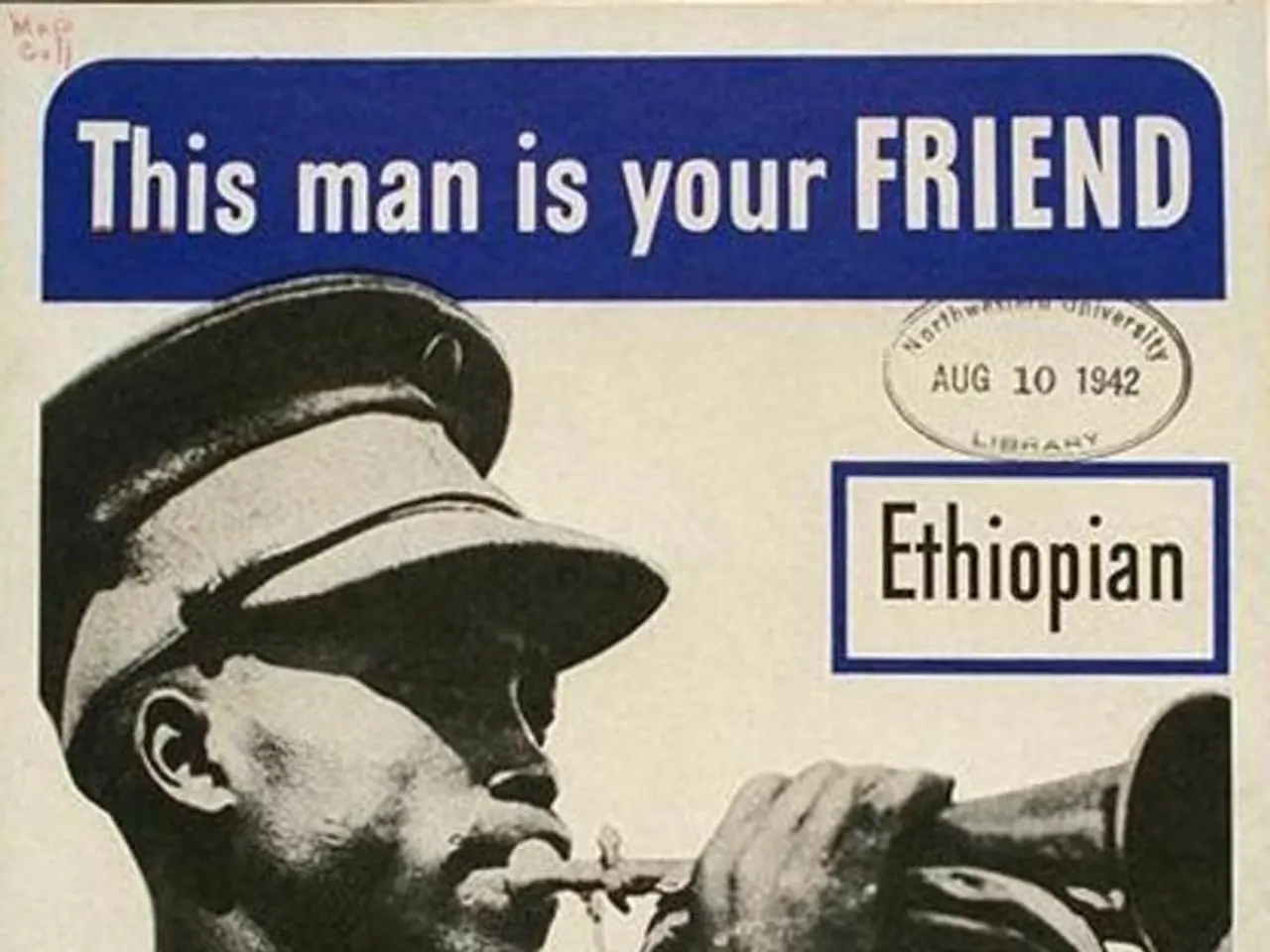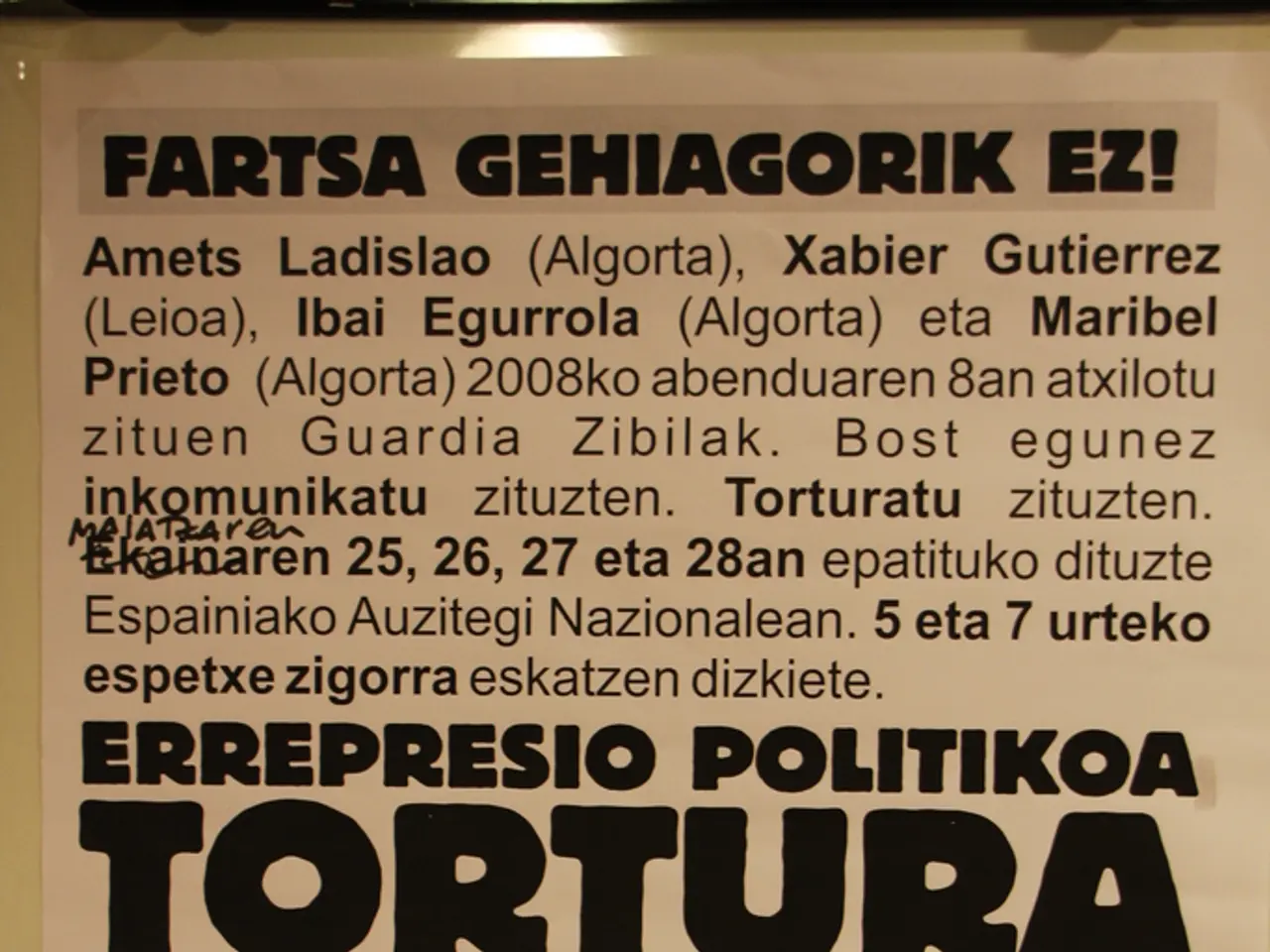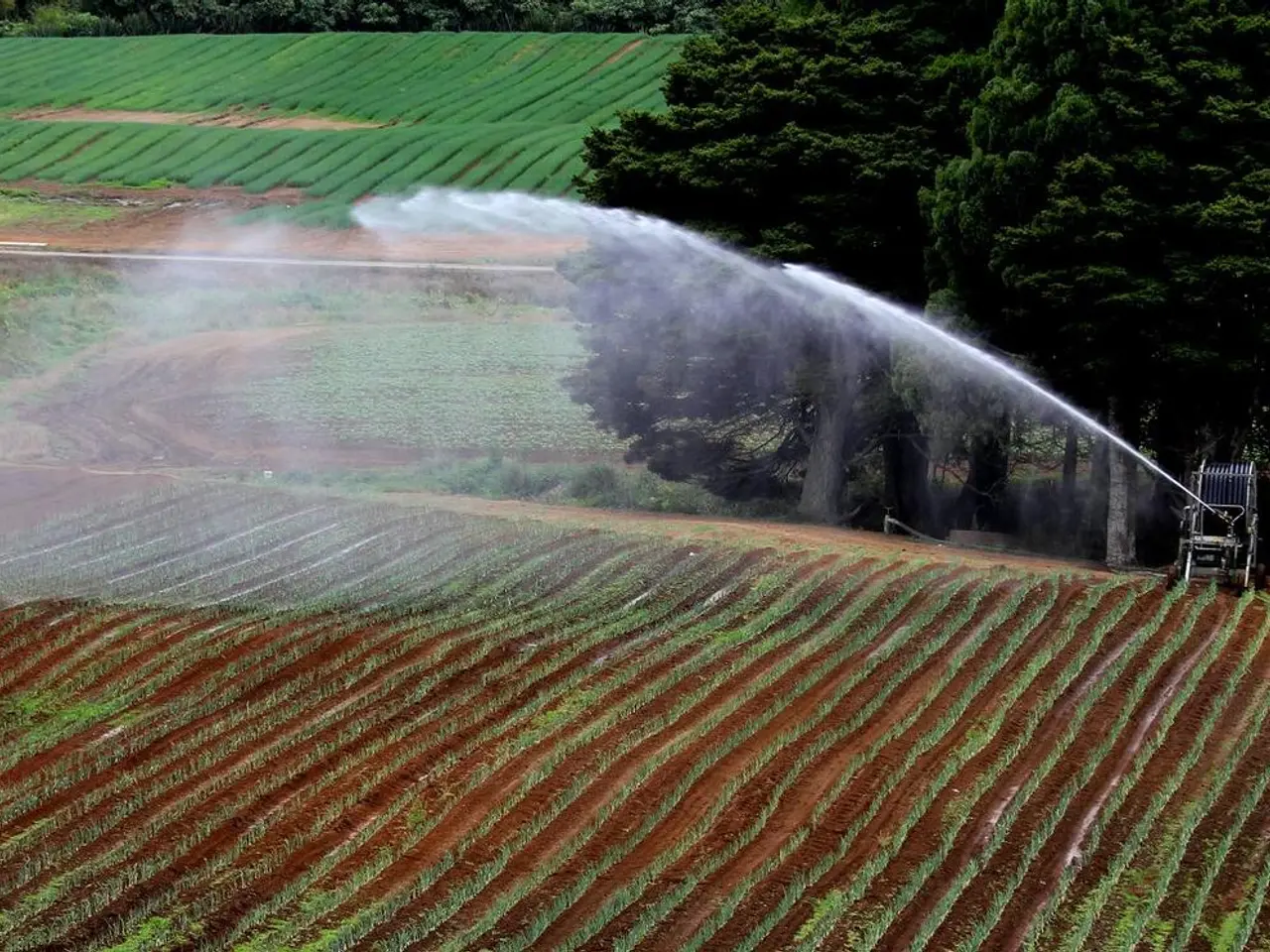Appellate Court in the U.S. Outlaws Unwarranted Detentions
In a significant ruling, a U.S. appeals court has upheld a temporary restraining order blocking immigration agents from carrying out roving patrols in Southern California, specifically in Los Angeles. The court's decision comes in response to the controversial raids targeting suspected illegal immigrants, which have been found to result in indiscriminate detentions without reasonable suspicion.
The ruling by a three-judge panel from the Ninth Circuit Court of Appeals on August 2, 2025, affirmed a lower court judge’s order that such arrests violate constitutional protections against unreasonable seizures. The court rejected the federal government’s appeal to lift the freeze on these patrols, preventing federal agents from conducting stops unless they have reasonable suspicion not solely based on racial or ethnic profiling.
The case originated from a lawsuit filed by Southern California residents, workers, and advocacy groups, including the ACLU, who described the immigration raids as "paramilitary" and akin to illegal detention practices. The appeals court emphasized that the government’s use of factors like apparent race, language spoken, or work location to justify stops did not meet the constitutional standard of reasonable suspicion.
Plaintiff Jason Gavidia, a U.S. citizen born and raised in East Los Angeles, was cited as an example of the indiscriminate enforcement practices challenged by the lawsuit. Gavidia was arrested outside an auto repair shop in Montebello by heavily armed officers, despite repeatedly stating he was American and showing his ID. The court ruled this targeting as unconstitutional.
Since Trump's second term, Los Angeles and its suburbs have been the focus of his tough immigration policies. In June, Trump mobilized the National Guard and soldiers against the wishes of California Governor Gavin Newsom, in response to the protests. The raids in Los Angeles and its surrounding areas, as well as the arrest of Jason Gavidia, were mentioned in the court ruling.
The Immigration and Customs Enforcement (ICE) agency is not allowed to arrest people based solely on their ethnicity, language, or place of employment, according to the ruling. The government's lawyers argued in court that ICE targeted certain types of businesses, like car washes, that were likely to employ people without valid papers. However, the court's decision reaffirms the constitutional protections against arbitrary arrest and racial profiling.
The Trump administration is expected to continue appealing up to the Supreme Court. A hearing on the case is scheduled for September 2025. The latest update marks a significant setback to the administration’s intensified immigration enforcement efforts in this region.
- The ruling by the Ninth Circuit Court of Appeals, in relation to the debate over community policy, has reiterated that the Immigration and Customs Enforcement (ICE) agency cannot arrest people based solely on their ethnicity, language, or place of employment, affirming constitutional protections against arbitrary arrest and racial profiling.
- The ongoing appeal by the Trump administration, amidst general-news coverage and within the context of crime-and-justice discussions, aims to overturn the ruling that prohibits immigration agents from carrying out roving patrols in Southern California, specifically in Los Angeles, based on complaints of indiscriminate detentions without reasonable suspicion.






